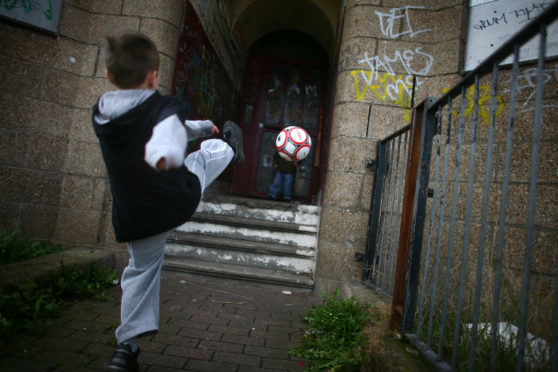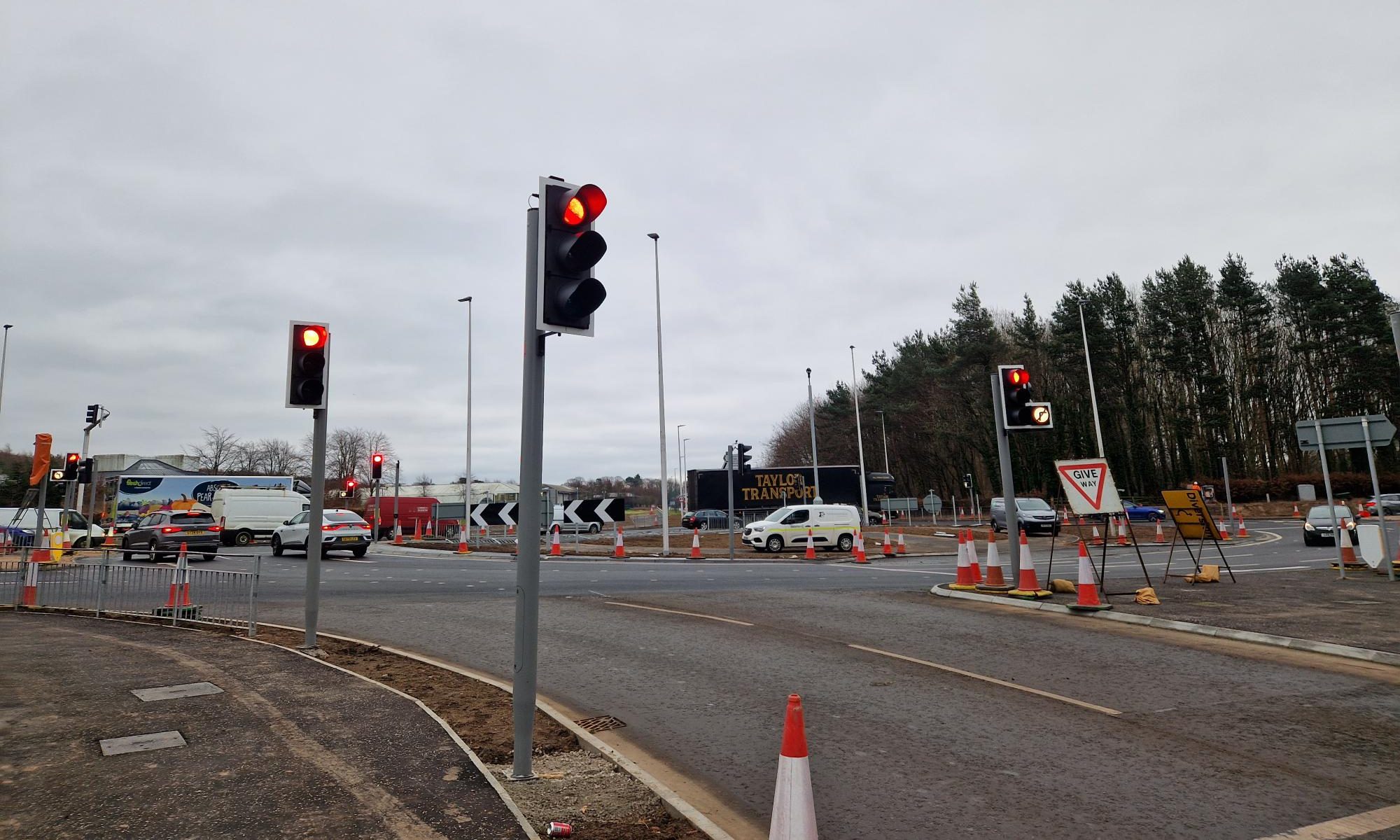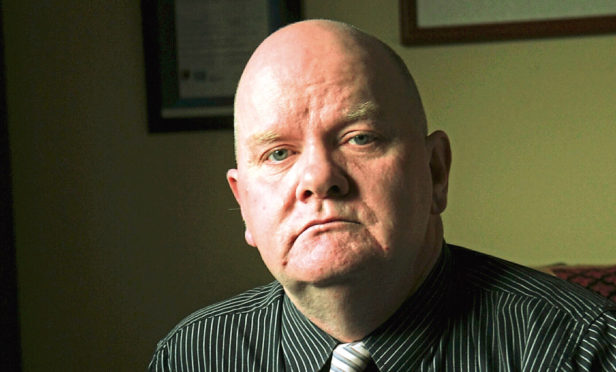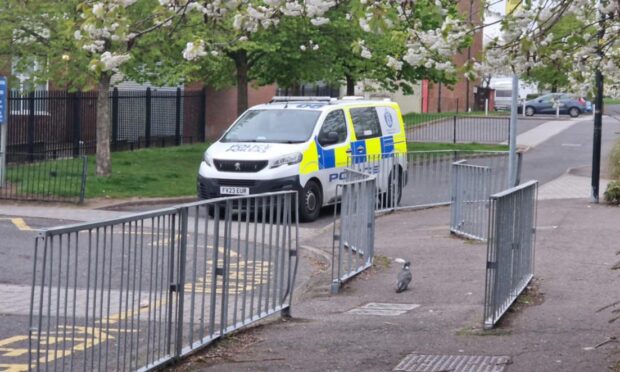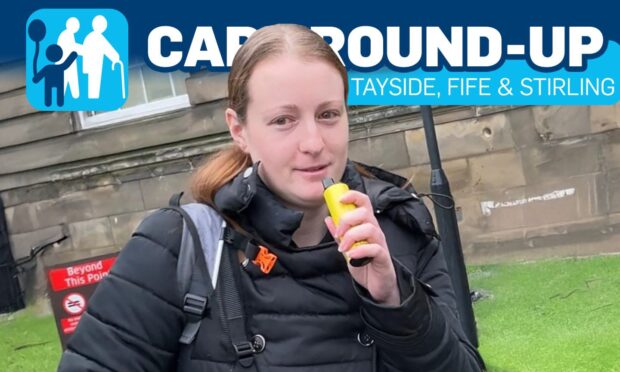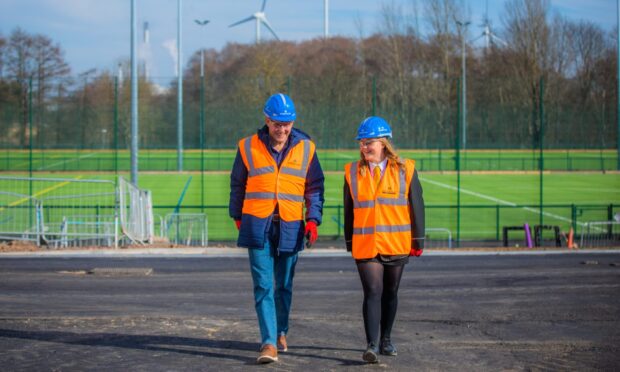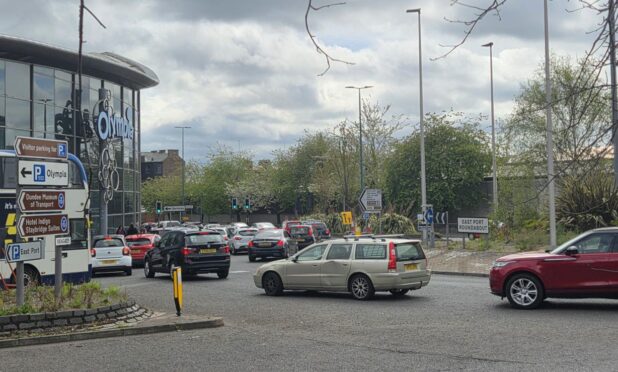The American radio host and writer Ron DeLegge II once said “99% of statistics only tell 49% of the story” which is at least 76% funnier than most quotes about statistics.
It also has the advantage of being true.
The use of statistics can often make something appear more outrageous than it actually is. As a young reporter I remember being appalled at a story that warned of a terrifying 50% rise in the number of cot deaths in Dundee.
In statistical terms, this was absolutely true but the numbers involved were so low – from four to six – that it seemed more like exploiting six tragic situations for a shrieking headline than a proper representation of the issue.
There were even more headline grabbing statistics this week after Dundee City Council released figures showing a near-1400% rise in the number of people approaching them for emergency cash or food vouchers since the UK Government began its programme of benefit reforms.
According to a report councillors will debate on Monday night, there were 339 emergency handouts made in 2012/13 but nearly 5000 in 2017/18.
That is a jaw-dropping increase. Sadly, the other 51% of this particular story is all too familiar.
It is a tale of foodbanks and parents making the choice to forego meals themselves so their kids don’t go hungry and how some parents don’t even have the luxury of that choice and have to send their children to bed hungry.
It is a story of blacked out houses after dark to save on the cost of electricity. It is a catalogue despair and depression and the relentless grind of a life with nothing.
It is, in short, a horror story.
The Department of Work and Pensions say the new benefit, provides more of an incentive to work, which is fine if there are jobs available and the recipient is actually capable, mentally or physical.
In fact, changes to tax credit will mean some people in jobs will find themselves asking for handouts too — the so-called working poor.
Employment remains the best route out of poverty, which is why the Tay Cities Deal is so important. The creation of thousands of jobs in the Dundee area will not just lift the economy but the lives of thousands of people.
But that remains on the horizon for now. Universal Credit and other benefit changes are failing those most in need. The effects of poverty are well known: crime, drug and alcohol abuse, ill health and poor educational attainment.
Worse, it creates a cycle that repeats generation after generation.
It’s a situation happening across the UK. The city council should be applauded for spending money helping those who come to it for help but the best way to help those in poverty is, in the short term, to fix a benefits system that has been so badly broken.
